Beata Bruggeman-Sekowska photo: ©City of Warsaw When visiting one of the most prominent locations of the capital of Poland, Warsaw, called Nowy Swiat you cannot miss the roundabout with a palm tree. It is called General Charles de Gaulle roundabout and nearby there is his statue. Why is the presence of General Charles […]
Publications
Beata Bruggeman-Sekowska The Polish Round Table Talks started on February 6 in the Namiestnikowski Palace in Warsaw and lasted till April 5 1989. The government initiated the discussion with the leaders of opposition in order to weaken social unrest. 29 representatives of the government, 26 representatives of the opposition, including members of banned “Solidarność” […]
Beata Bruggeman-Sekowska Grutas park in Lithuania is a unique place which cannot be missed if you are interested in history and especially in communism and communist propaganda. It is an impressive 2km long exposition park where about 90 monumental sculptures of communist leaders, dictators from the Soviet times are displayed. While walking you cannot miss the […]
Patrick van Schie A century ago, on January 21, 1924, Vladimir Ilyich Ulyanov, better known as Lenin, died. His embalmed body still lies in the mausoleum on Red Square in Moscow. Communists still revere him; and not just the elderly. The British Marxist Student Federation (MSF), for example, states on its site: “Lenin was without […]
By Beata Bruggeman-Sekowska “Doctor, will I live?” These were the last words of Loreta Asanavičiūtė, a 23 year old Lithuanian freedom defender, who was run over by a Soviet tank on January 13 1991. On this day armoured Soviet forces drove through peaceful crowd which gathered to protect the symbol of Lithuania’s independence – […]
By Beata Bruggeman-Sekowska On the 13th of January, Freedom Defenders’Day is celebrated in Lithuania to commemorate victims of the Soviet military aggression of 1991. The candle, as symbol of the memory, is lit on this day across Lithuania and by the Lithuanian communities abroad. On 13 January 1991 armored Soviet forces drove through peaceful […]
By Beata Bruggeman-Sekowska On November 11, 1918, Józef Piłsudski (Poland’s Chief of State) took over the authority over the Polish army from the Regency Council (in Polish: Rada Regencyjna or Rada Regencyjna Królestwa Polskiego. It was a semi-independent and temporarily appointed highest authority, head of state, in partitioned Poland during World War I). He […]
By Beata Bruggeman-Sękowska On September 19, 1940 Witold Pilecki, a member of the Secret Polish Army, let himself get caught and arrested by German policemen in Warsaw in order to be sent to Auschwitz death camp. His intention was to infiltrate the camp, set up a resistance network there and gather information about the death […]
By Beata Bruggean-Sekowska On September 17 about 1 million troops of the Red Army crossed the eastern borders of Poland starting the red invasion of Poland. It was sixteen days after Nazi Germany invaded Poland from the west. The invasion ended on 6 October 1939 with the two-way division and annexation of the entire […]
By Beata Bruggeman-Sękowska On September 8, 1968, Ryszard Siwiec committed suicide by public self-immolation in protest against the Warsaw Pact invasion of Czechoslovakia. He set himself on fire during the nationwide harvest festival at the Stadion Dziesięciolecia (stadium) in Warsaw, Poland in the presence of the leaders of the Polish United Workers’ Party, diplomats and 100,000 spectators. […]
By Beata Bruggeman-Sekowska Born and spending my childhood and teenage years in occupied by totalitarian communist system Poland I have been researching the subject of communist oppression, communist rule and visiting many places related to it for my various publications both for the European Institute on Communist Oppression as well as for my Central and Eastern […]
The first major popular uprising against communist oppression in Central/Eastern Europe by Patrick van Schie Between 1954 and 1990, June 17 was the Tag der deutsche Einheit in West Germany, which is then celebrated on October 3 – the day of reunification. With this, the West Germans commemorated until 1990 that on June 17, 1953, […]
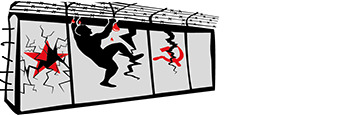
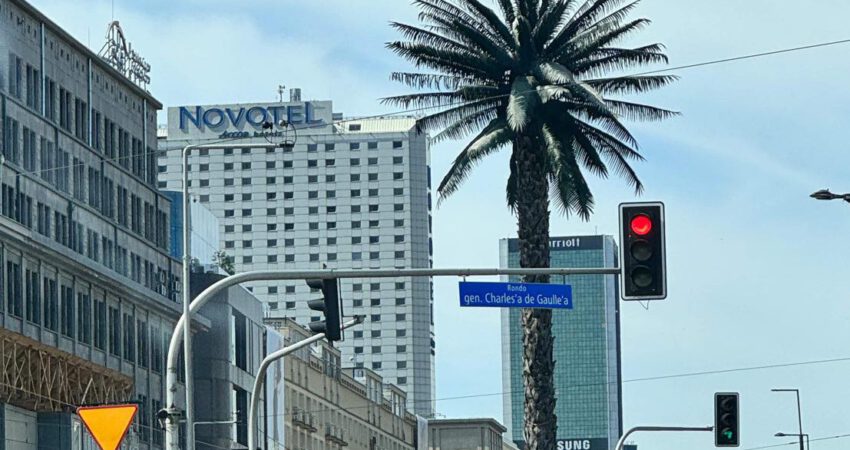
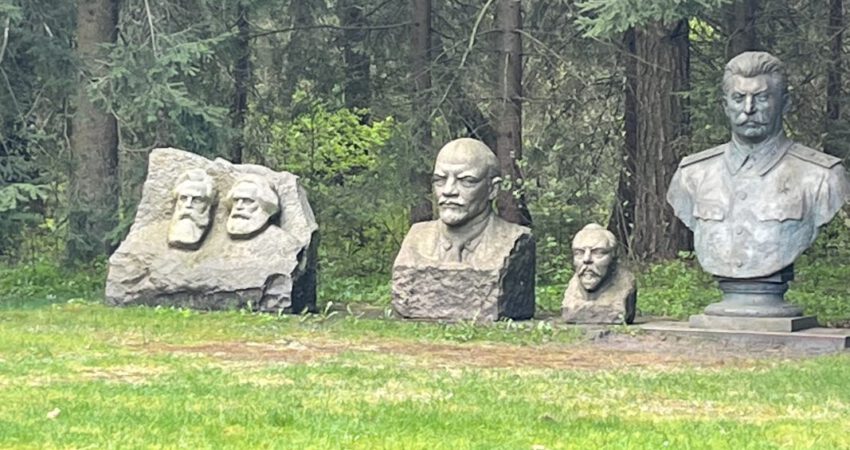
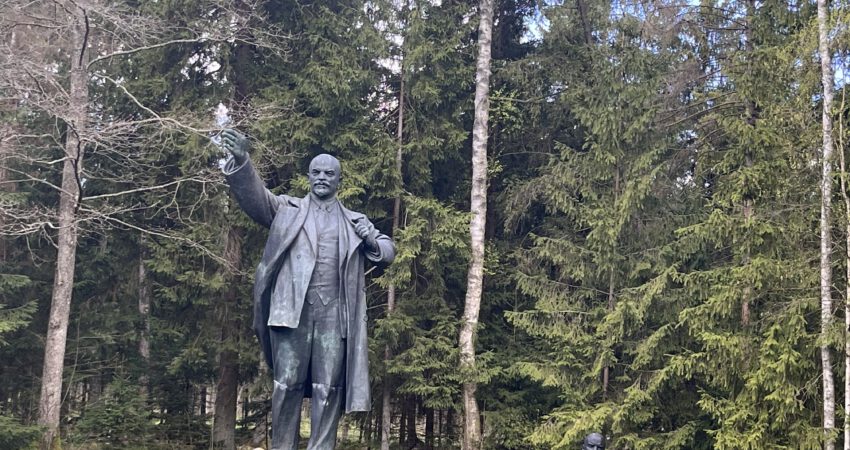
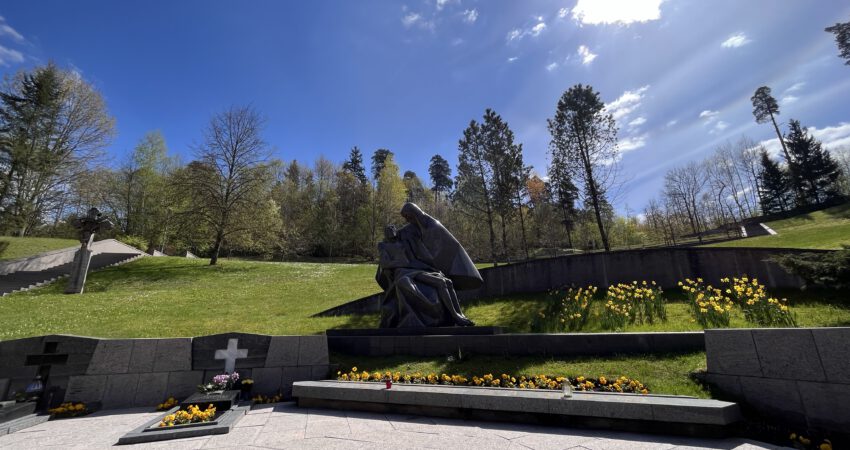
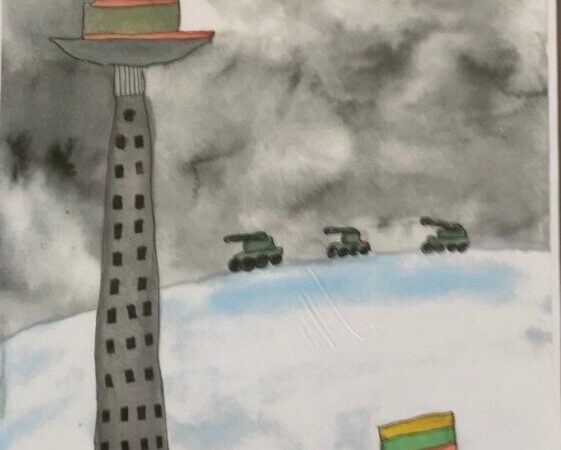
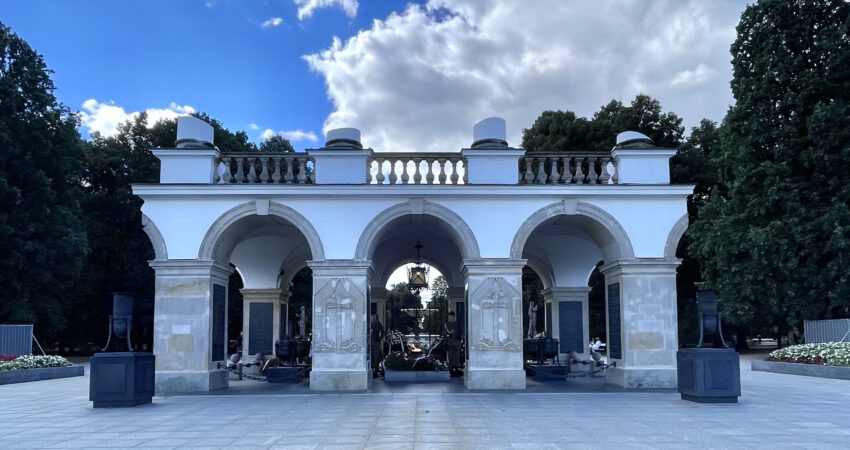
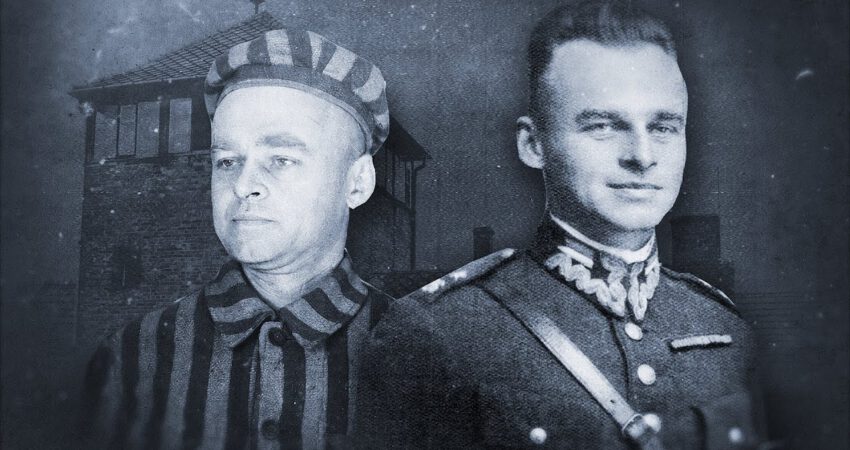
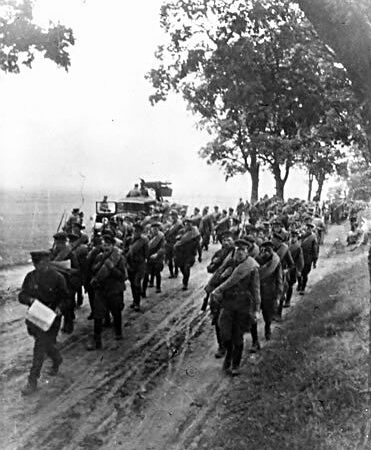
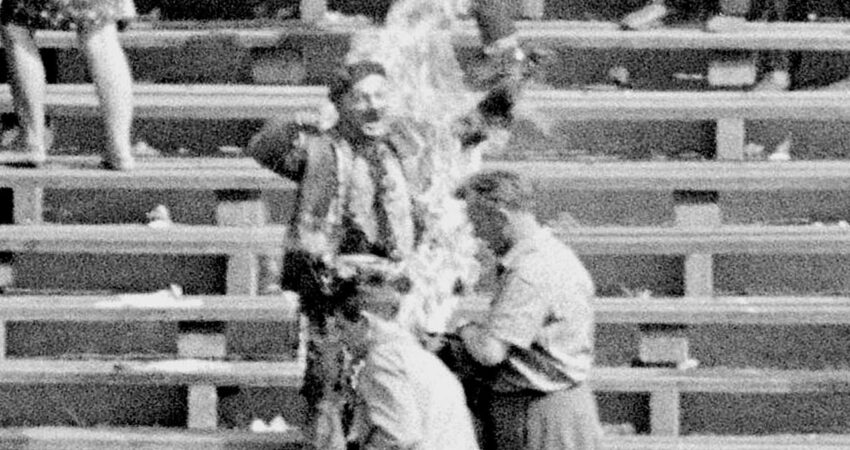
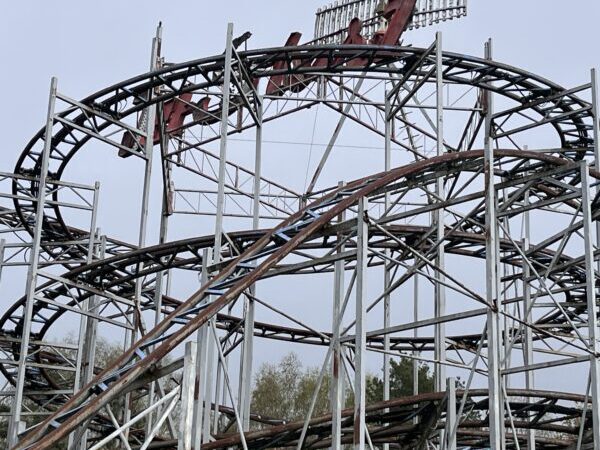
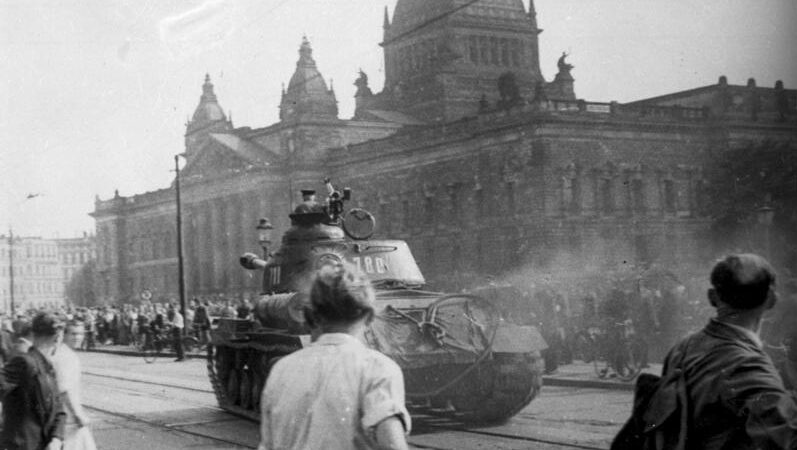
Follow Us!